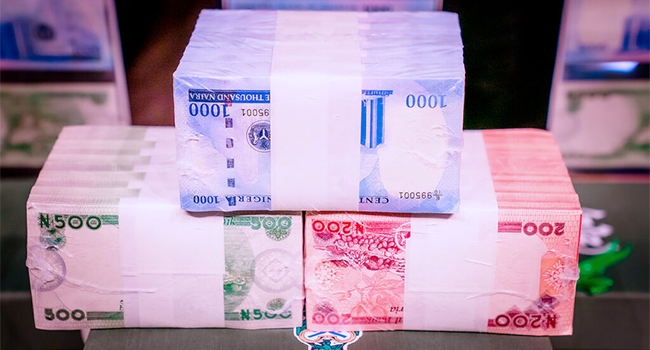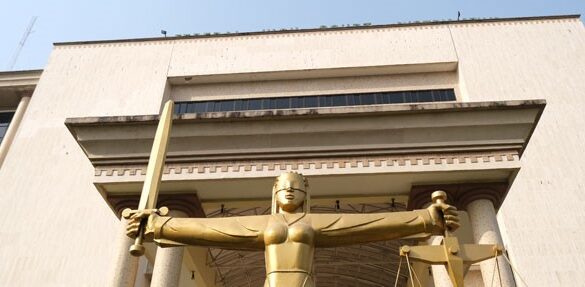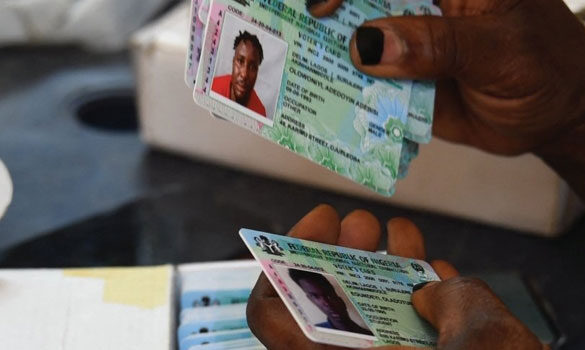A newly released report by the National Bureau of Statistics (NBS) in collaboration with the United Nations Office on Drugs and Crime (UNODC) reveals that Nigerian public officials received a staggering ₦721 billion in bribes in 2023. This figure, derived from a comprehensive survey, represents about 0.35% of Nigeria’s Gross Domestic Product (GDP).
Key findings from the report, titled “Corruption in Nigeria: Patterns and Trends,” include:
- Average Bribe Size: The average cash bribe paid in 2023 was ₦8,284, up from ₦5,754 in 2019. However, when adjusted for inflation, the average bribe size was 29% smaller than in 2019 in terms of purchasing power.
- Bribery Prevalence: Despite a reduction in the interaction rate with public officials from 63% in 2019 to 56% in 2023, bribery remains widespread. On average, 5.1 bribes were paid per bribe payer, totaling approximately 87 million bribes nationwide, down from 117 million in 2019.
- Payment Mode: Over 95% of bribes were paid in monetary form (cash or money transfer) in 2023.
- Bribery in Sectors: Public officials were more likely to demand bribes, but private sector actors, including doctors in private hospitals, also saw an increase in bribery from 6% in 2019 to 14% in 2023.
- Bribery Refusal Rates: There was a notable increase in the refusal to pay bribes, with 70% of those asked to pay a bribe refusing at least once in 2023. The highest refusal rates were in the North-West zone at 76%, with all regions recording rates above 60%.
- Perception of Bribery: Acceptance of bribery requests to expedite administrative procedures decreased from 29% in 2019 to 23% in 2023. Fewer citizens reported suffering negative consequences after refusing bribe requests, indicating growing empowerment to confront corrupt officials.
The report also highlighted issues with public sector recruitment, revealing that between 2020 and 2023, over 60% of public sector workers were hired due to nepotism, bribery, or both. Specifically, 27% of successful candidates admitted to using only bribery, 13% to only nepotism, and 19% to both bribery and nepotism. The use of unethical means was notably lower among candidates who underwent formal assessments, such as written tests or oral interviews.
Geographically, bribery was more prevalent in rural areas, with rural residents paying an average of 5.8 bribes compared to 4.5 bribes in urban areas.
National Concerns:
- Corruption ranked fourth among the most significant problems in Nigeria in 2023, following the cost of living, insecurity, and unemployment.
- Public confidence in the government’s anti-corruption efforts has declined, with less than a third of citizens in 2023 believing the government was effective in fighting corruption, compared to more than half in 2019.
This report underscores the persistent and pervasive nature of corruption in Nigeria, highlighting the urgent need for comprehensive measures to address and mitigate this deep-rooted issue.




